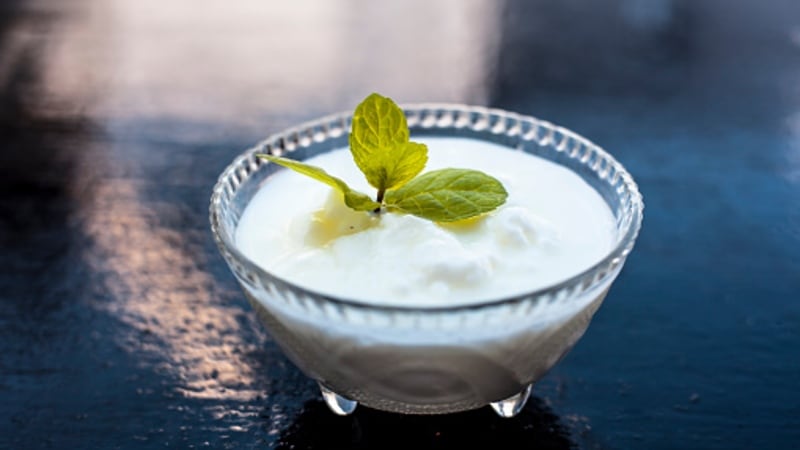According to data from research firm Mintel, almost three quarters or 71% of all Indians have consumed fresh or homemade yoghurt over the past six months, and 64% have fresh or homemade yoghurt drinks during the same timeframe.
For both sectors in the yoghurt industry, packaged products have lost out: Just 57% of Indians have opted for packaged plain yoghurt, and 48% for packaged yoghurt drinks in the same timeframe. This may be explained by local health and taste considerations when it comes to the product.
“Just one in five (20%) of Indians say that homemade yoghurt is healthier than packaged yoghurt; and the same number think that packaged yoghurt drinks don’t have the authentic homemade taste,” Mintel Food and Drink Analyst, India, Natasha Kumar told FoodNavigator-Asia.
“Added flavour is something consumers are not able to recreate at home entirely and so brands can have a competitive edge by providing packaged products with flavours. Some 9% of Indians say that there are not enough flavour varieties to choose from in packaged yogurt or yogurt drinks.
“[Brands] can explore hyperlocal flavours which are specific to a particular region in India to appeal to consumers across the country. For example, neer mor from South India, chaas from North India and buttermilk from West India.”
All three hyperlocal flavours mentioned are some variation of spiced buttermilk, but each has properties and taste profiles unique to their region.
“Brands [can also] innovate with sweet flavour profiles, as 41% of Indians say that they consume yogurt with sugar,” said Kumar.
“[This could be done] possibly by introducing small packs of sugar-sweetened yogurt, or, even better, varieties with natural sweeteners like jaggery and honey to give a 'healthy' or 'natural' angle.
“[Another possibility is to use fruit-based flavours] and take inspiration from familiar flavours like chocolate, lemon and honey, that consumers have consumed in other forms, like flavoured milk and desserts.”
Fruit-based flavours are already being used by some of the bigger companies in the yoghurt sector such as Amul, Nestle, Danone and Epigamia – but hyperlocalisation has yet to make a significant mark amongst packaged brands even if most, such as Amul and Nestle, already carry buttermilk as an individual item.
Making health claims
Kumar also encouraged brands to capitalise on the potential health, immunity and gut benefits that yoghurt can offer, given the recent COVID-19 pandemic outbreak.
According to Mintel data, only 2% of yoghurt and yoghurt drink products launched in India between January and December 2019 had a functional-immunity claim, 4% carried a digestive health claim, 15% claimed to be fermented, and none had a probiotic claim.
“With consumers more tuned into their overall wellness given concerns related to the global COVID-19 pandemic, they are looking to brands to help them make better choices for their health and safety,” she said.
“It is important for yogurt brands to play-up product health claims [as] not only will this lead to better brand equity, [it can] also build a case for why consumers should opt for packaged yogurt and yogurt drinks over homemade versions.”
“It is crucial for brands to highlight the reformulation efforts they have made to improve the nutritional profile of their products, the traditional techniques used to ferment and produce the yogurt, [as well as] the importance of various health benefits like fermentation and its link to digestive and gut health - as well as immunity-supporting ingredients.”
Kumar also highlighted the importance of focusing on probiotics as an emerging trend in the global yoghurt market, encouraging Indian brands to ‘highlight a specific strain of bacteria and its benefits’.
That said, she also cautioned that the acceptance of such claims by local food safety authorities is not a guaranteed thing.
“Multiple researchers have found the link between overall gut health and improved immunity. It is then up to the manufacturers to communicate this link to the consumers effectively. However, making immunity claims and their credibility will be subject to the regulatory body,” said Kumar.



